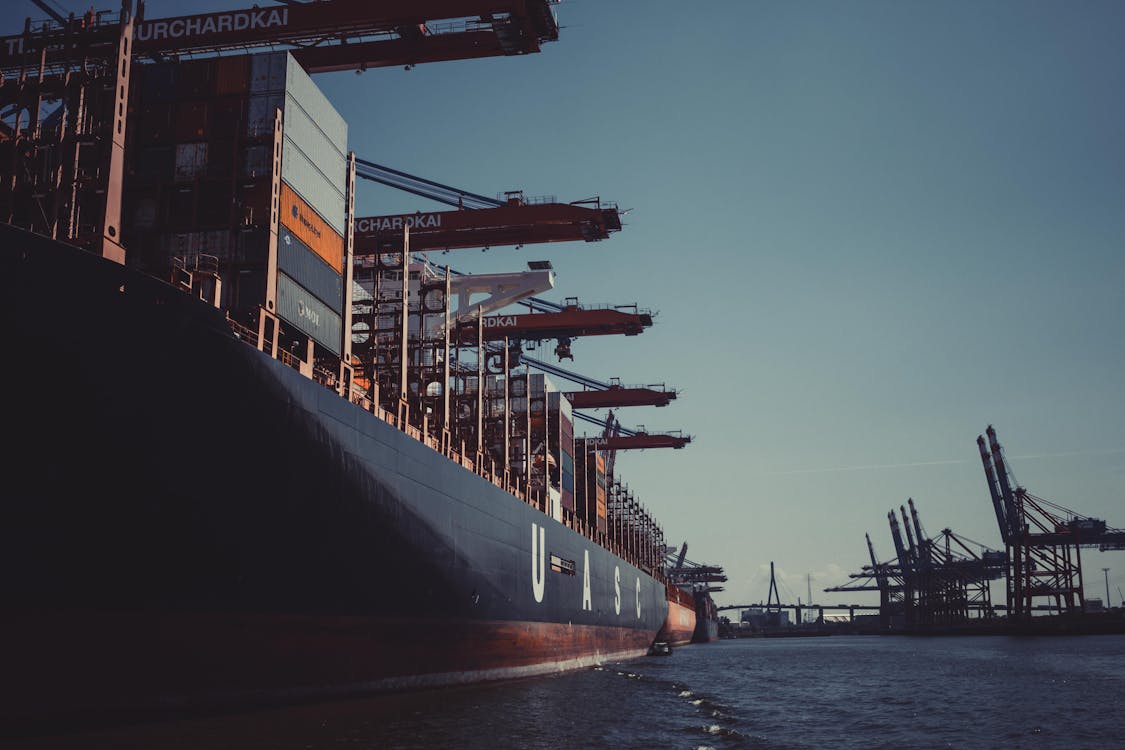In an interconnected world where trade flows seamlessly across borders, the role of freight forwarding stands as a linchpin in the global supply chain. From raw materials to finished goods, freight forwarders play a pivotal role in ensuring the smooth movement of cargo from point of origin to destination. In this guest post, we embark on a comprehensive exploration of the intricacies, challenges, and innovations within the dynamic realm of the freight shipping industry.
Understanding Freight Forwarding:
At its core, freight forwarding involves the coordination and facilitation of cargo transportation on behalf of importers and exporters. Acting as intermediaries between various stakeholders, including shippers, carriers, and customs authorities, freight forwarders orchestrate the complex logistics of international trade. From negotiating freight rates to arranging documentation and customs clearance, their expertise streamlines the shipping process, optimizing efficiency and minimizing delays.
Key Components of the Freight Shipping Industry:
1. Transportation Modes: The shipping industry encompasses a diverse array of transportation modes, including ocean freight, air freight, road freight, and rail freight. Each mode offers distinct advantages in terms of speed, cost-effectiveness, and suitability for different types of cargo.
2. Logistics Infrastructure: Infrastructure plays a crucial role in facilitating the movement of goods. Ports, airports, highways, railways, and distribution centers form the backbone of the shipping industry, providing essential links in the supply chain.
3. Regulatory Environment: Navigating the complex web of international regulations and compliance requirements is paramount for freight forwarders. From customs procedures to trade agreements and security protocols, adherence to regulatory standards is essential to ensure smooth cargo transit.
Challenges and Opportunities:
Despite its indispensable role in global trade, the Freight shipping industry faces a myriad of challenges, including fluctuating fuel prices, geopolitical tensions, capacity constraints, and environmental concerns. However, with challenge comes opportunity. Technological advancements, such as blockchain, Internet of Things (IoT), and predictive analytics, are revolutionizing the way freight is managed, offering greater transparency, efficiency, and traceability throughout the supply chain.
Future Outlook:
As the world becomes increasingly interconnected, the demand for efficient freight shipping solutions will continue to rise. Embracing innovation, sustainability, and collaboration will be key to navigating the evolving landscape of the shipping industry. By harnessing the power of technology and embracing best practices, freight forwarders can drive positive change, shaping the future of global commerce.
Enhance your shipping operations with NextDue Logistics freight forwarding solutions. Streamline logistics and boost efficiency today!
Conclusion:
The shipping industry plays a vital role in facilitating global trade, with freight forwarding serving as a linchpin in the supply chain. By understanding the intricacies and challenges within the industry, stakeholders can identify opportunities for innovation and collaboration, driving greater efficiency, resilience, and sustainability. As we navigate the complexities of an interconnected world, the journey of freight forwarding continues to chart new horizons, shaping the future of commerce for generations to come.
Frequently Asked Questions (FAQ):
What is freight forwarding?
Freight forwarding is the coordination of cargo transportation for importers and exporters. It involves managing logistics, negotiating rates, arranging documentation, and ensuring compliance.
What transportation modes are used in shipping?
Shipping involves ocean, air, road, and rail freight, each with its own advantages for different cargo types.
How can technology help address shipping challenges?
Technologies like blockchain and IoT enhance transparency, efficiency, and traceability, optimizing operations and compliance.
Also Read: How Freight Forwarding Companies Can Save You Money?





Comments